Here is a paper I wrote last week. I got a good score so it might be worth posting here. If you find it thought provoking, please comment.
Introduction
Science and Religion are two epistemological disciplines claiming to provide true knowledge of the universe. Science claims to ascertain the truth through observation while religion approaches it through a system of beliefs.
Study of the relationship between science and religion can be approached from at least four different perspectives. They are, in roughly chronological order of development ("The relationship between religion and science", 2006), that the two are; in “conflict” and directly oppose each other, in “contrast” and simply have nothing to offer each other, in “contact” and influencing each other, or that religion “confirms” science encouraging its existence (Haught, 1995).
I agree with Haught’s (1995) opinion that religion has “confirmed” or encouraged science. I think it does this by; using religious language that encourages scientific study and by awakening inquiry in its followers and providing ideas for new directions in scientific research.
Counter Argument
The conflict perspective is most directly in opposition to the confirming perspective. Proponents of the conflict thesis claim that religion and science are completely at odds. They claim that religion can not back-up its claims or that science has robbed society of its values and meaning.
Those that depict science and religion as a battle have many examples of hostile acts to support them in the form of warfare and executions. They also claim that pollution and depletion of our natural resources are direct consequences of science.
But these are difficult arguments to understand because science generally does not deal with issues of morality. Additionally, science is not responsible for our actions or what we do with our knowledge; it is simply a tool for discovering truth.
Most people do not fault Einstein for the development of the atom bomb and nuclear weapons, even though he discovered quantum theory which made it possible.
My Argument
Religious Language
I think religion awakens scientific inquiry in individuals through the language that it uses. It has encouraged a basic interest in science at the level of natural observation for thousands of years.
Thousands of years before the dawn of modern science, there was encouragement from religion to make observations of the natural world. Numerous examples in the Bible invite us to observe nature. The Book of Job, which is considered the oldest story in the Bible, asks, "Do you know when the mountain goats give birth? Do you watch when the doe bears her fawn? Do you count the months till they bear? Do you know the time they give birth?” (Job 39:1-2 New International Version). Today, many have called nature “God’s second book’ and we are encouraged to enjoy nature as an acceptable way to observe the Sabbath.
Inquiry
I believe religion awakens inquiry in our minds and gives direction to our scientific studies.
Some cutting edge science has been motivated by religious beliefs and a desire to understand the miracles related in the Bible. Recently, a group of physical oceanographers were interested in how Jesus may have been able to walk on water. They concluded that it was physically possible for ice thick enough to walk on to have been formed in the Sea of Galilea at that time (Nof, McKeague, & Paldor, 2006).
Conclusion
In conclusion, I reassert that religion does encourage a mentality of creativity and observation by using language that encourages its followers to observe nature and be scientists and by seeding minds with ideas and questions to test.
In the future I propose that we increase education in both secular and religious schools about the true relationship between science and religion. Often we discover that the most staunch opposition to one or the other discipline comes from people that are mostly ignorant to the respective subject. We can also encourage our religious leaders to facilitate tolerance amongst religious congregations towards science, in our churches and at religious functions.
References
Haught, J. F. (1995). Science and religion : from conflict to conversation. New York: Paulist Press.
Nof, D., McKeague, I., & Paldor, N. (2006). Is there a paleolimnological explanation for 'walking on water' in the Sea of Galilee? [Electronic version]. Journal of Paleolimnology, 35(3), 417-439.
The relationship between religion and science. (March 23, 2006). Retrieved April, 4 2006, from http://en.wikipedia.org/wiki/The_Relationship_between_religion_and_science
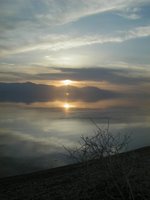


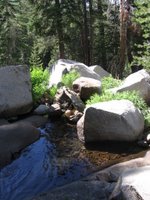





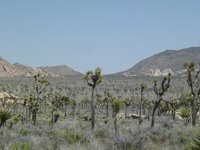
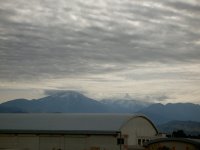
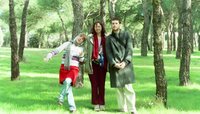
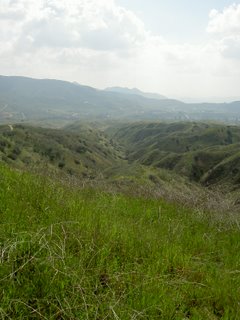






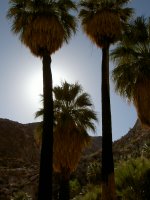









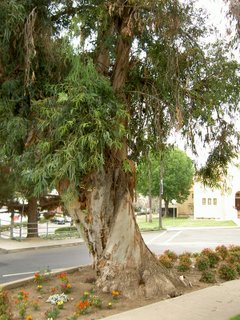
3 comments:
Post a Comment